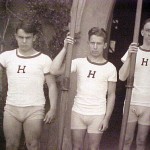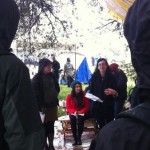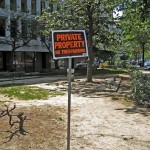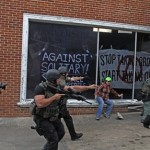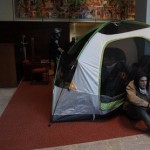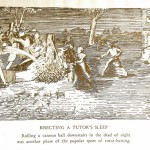
Towards a History of the Professional: On the Class Composition of the Research University
The introduction of research into the mission of higher education, a transformation which took place first in Germany and Scotland, had profound and lasting effects; principal among them was providing a means by which faculty in the United States (where the state was far weaker than it was in Europe) could professionalize, organize, and create a new institutional form – a hybrid of European and US higher education now hailed as the American Research University.
 Viewpoint Magazine
Viewpoint Magazine